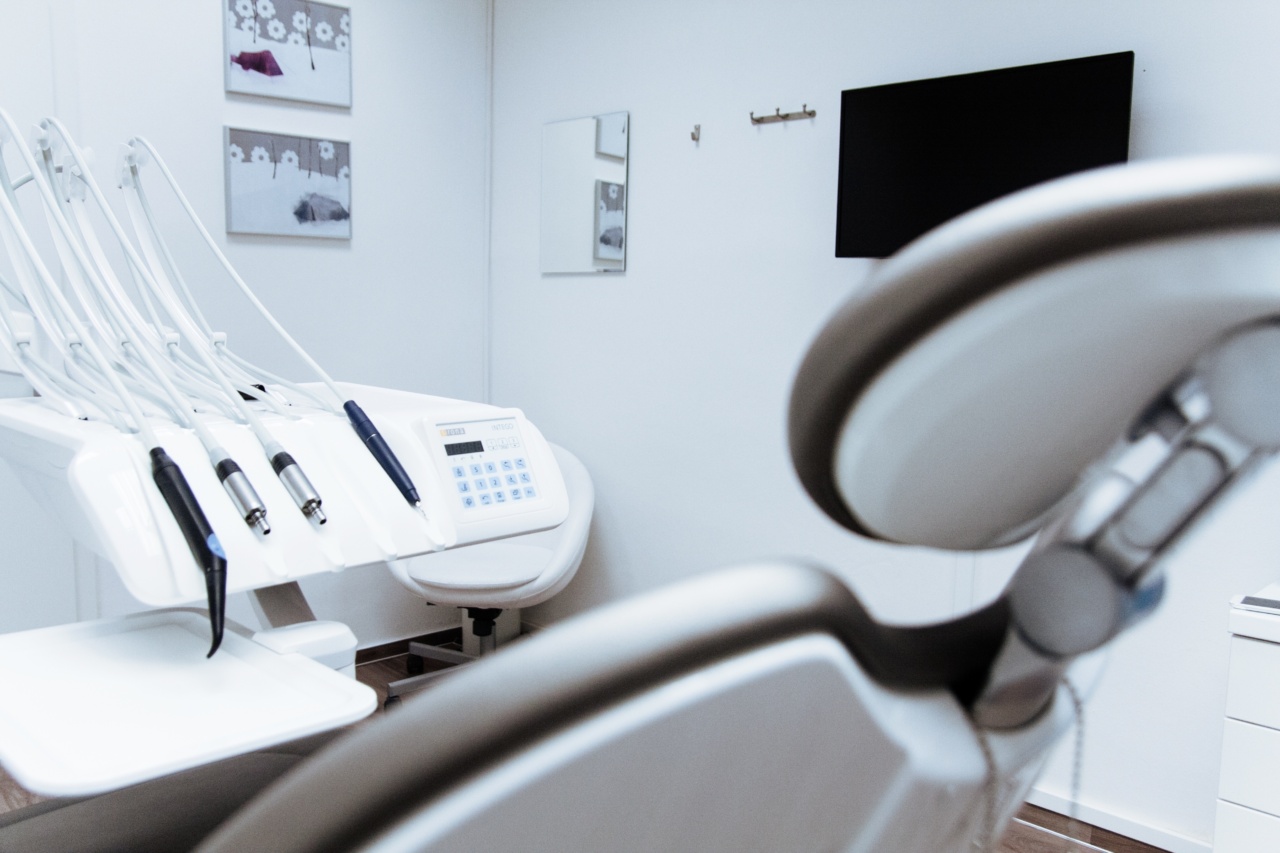It is widely known that poor lifestyle habits such as smoking, drinking, and lack of exercise can have a negative impact on overall health. This includes reproductive health, and specifically, sperm health.
That’s right, what you do on a daily basis can have a significant impact on your sperm health and, ultimately, your chances of having a successful and healthy pregnancy. In this article, we’ll explore the connection between habits and sperm health and what you can do to improve your reproductive health.
What is Sperm Health?
Sperm health refers to the overall quality and viability of sperm. This can be measured through a variety of factors including sperm count, motility, and morphology.
A healthy sperm count is typically between 15 million and 200 million sperm per milliliter of semen, with at least 40% of those sperm being motile (able to swim towards the egg).
Low sperm count, poor motility, and sperm abnormalities can all affect the ability to conceive and carry a healthy pregnancy. It is estimated that male infertility is a contributing factor in 30-50% of couples struggling to conceive.
How Lifestyle Habits Affect Sperm Health
There are several lifestyle habits that have been shown to have a negative impact on sperm health. Here are some of the most common:.
1. Smoking
Smoking has been linked to a decrease in sperm count, motility, and morphology. It can also cause damage to the DNA in sperm, which can lead to birth defects or miscarriage.
In addition, secondhand smoke exposure has also been shown to negatively impact sperm health.
2. Drinking
Excessive drinking (more than 5 drinks per week) has been linked to decreased sperm count, motility, and morphology. It can also cause hormone imbalances which can further impact sperm health.
It’s important to note that moderate alcohol consumption (1-2 drinks per day) has not been shown to have a significant impact on sperm health.
3. Poor Diet
A poor diet lacking in key nutrients such as folate, zinc, and omega-3 fatty acids can negatively impact sperm health. These nutrients are essential for proper sperm development and function.
In addition, high levels of processed or junk food can also contribute to inflammation in the body, which can further impair sperm health.
4. Lack of Exercise
Regular exercise has been shown to improve sperm count, motility, and morphology. On the other hand, a sedentary lifestyle has been linked to decreased sperm quality. Exercise can also help to reduce stress, which can further impact fertility.
5. Exposure to Chemicals and Toxins
Exposure to environmental toxins such as pesticides, heavy metals, and endocrine disruptors (found in plastics) can negatively impact sperm health.
These toxins can cause damage to sperm DNA, decrease sperm count and motility, and even lead to infertility.
Improving Sperm Health Through Lifestyle Changes
If you’re looking to improve your sperm health, there are several lifestyle changes you can make:.
1. Quit smoking
If you are a smoker, quitting is one of the most important things you can do to improve your overall health and sperm health.
Work with a healthcare provider to develop a plan to quit smoking and find support through friends, family, or a quitting program.
2. Limit alcohol consumption
While moderate alcohol consumption is generally safe, it’s best to limit your drinking to 1-2 drinks per day. If you find that you are struggling to limit your drinking on your own, seek support from a healthcare provider or support group.
3. Eat a healthy diet
Incorporate nutrient-rich foods such as leafy greens, whole grains, and lean proteins into your diet. Avoid processed foods, sugary drinks, and excessive red meat consumption.
If you’re having trouble making healthy choices, seek guidance from a registered dietitian.
4. Exercise regularly
Make time for regular exercise, aiming for at least 30 minutes of moderate activity most days of the week. Mix up your routine with cardio, strength training, and yoga or stretching. Find forms of exercise that you enjoy and stick with them.
5. Reduce exposure to toxins
Avoid exposure to chemicals and toxins as much as possible. This may include wearing protective clothing when using pesticides or chemicals, avoiding plastic containers with BPA, and seeking out safer cleaning and personal care products.
Conclusion
By making simple lifestyle changes, you can improve your overall health and increase your chances of conceiving a healthy pregnancy.
Take steps to quit smoking, limit alcohol consumption, eat a healthy diet, exercise regularly, and reduce exposure to toxins. Remember that it’s never too late to make positive changes for your health and future fertility.





























